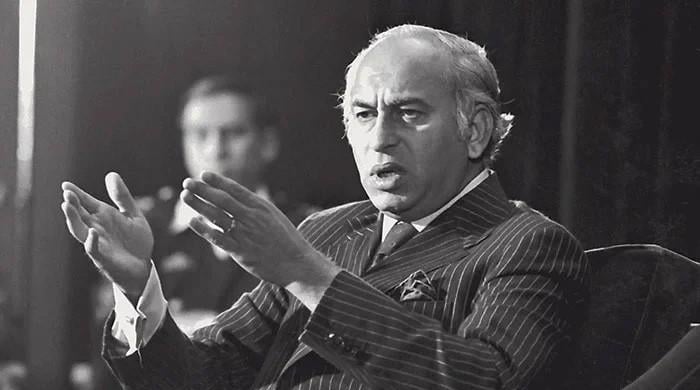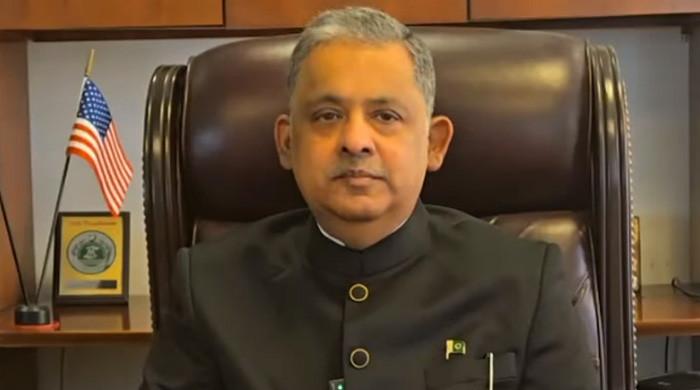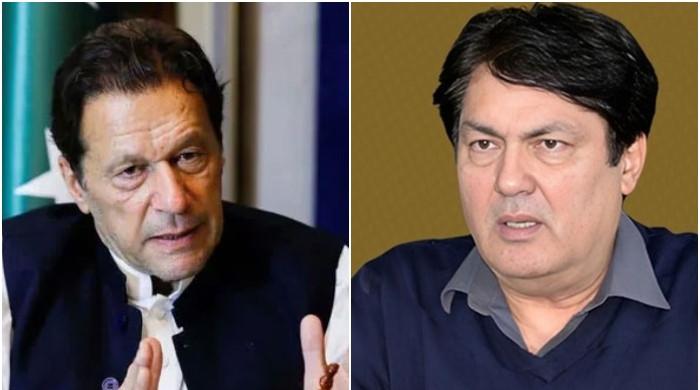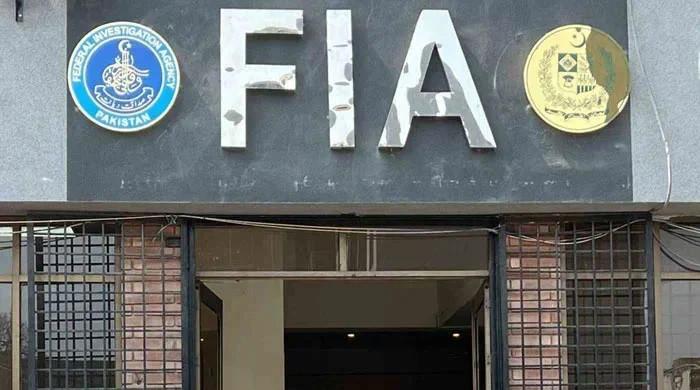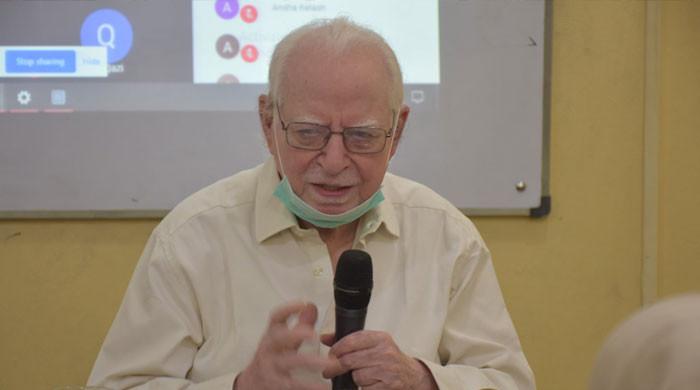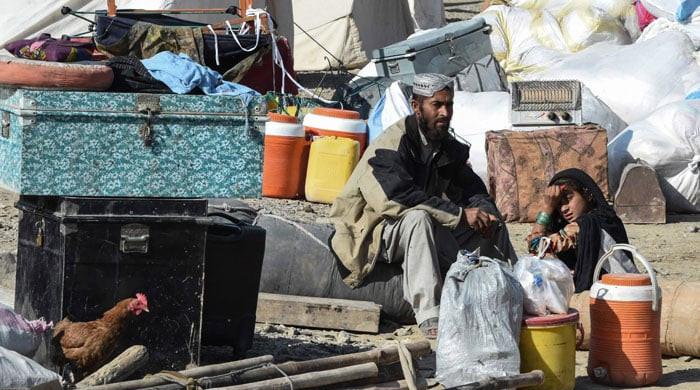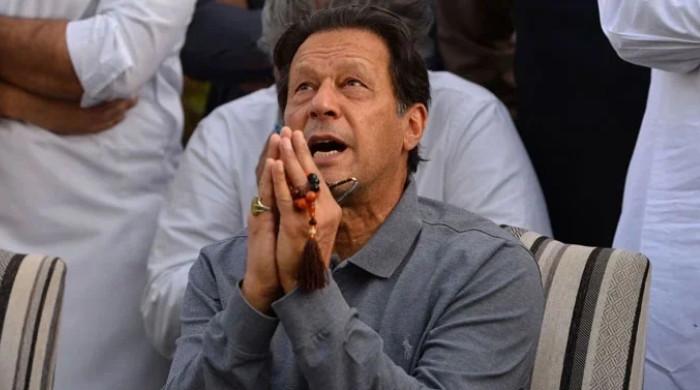Pakistan to effectively respond to any Indian aggression: PM Imran after NSC meeting
Pakistan's strategy to effectively respond to India's aggression and provocation readied during NSC meeting as security situation was assessed
August 04, 2019
ISLAMABAD: Pakistan will effectively respond to any type of aggression or provocation from India with its people's support, Prime Minister Imran Khan said Sunday after the National Security Council's (NSC) meeting concluded.
Earlier in the day, PM Imran had convened a meeting of the NSC to discuss issues pertaining to the national security in the wake of cluster bomb attack carried out by India against civilians in Neelum Valley.
A strategy to effectively respond to provocation by India was readied during the NSC meeting, a notification said, as security situation of the country was assessed.
A briefing on the situation in IoK was given during the NSC meeting, which was attended by the chairperson of the Joint Chiefs of Staff Committee (JCSC), the heads of all three armed forces, intelligence officials, federal ministers of defence, foreign affairs, and interior, and the directors-general of the Inter-Services Public Relations (ISPR) and the Inter-Services Intelligence (ISI).
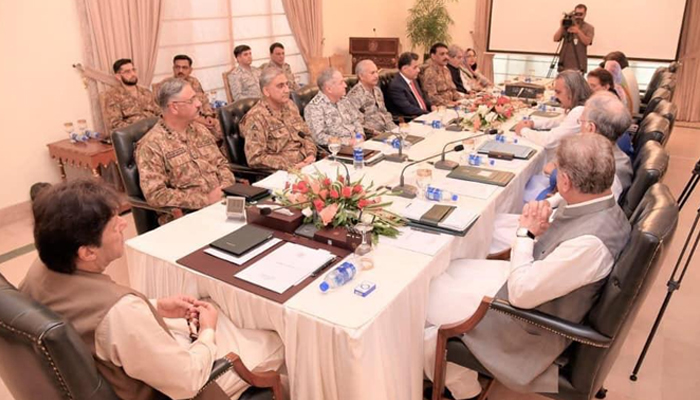
The heightening tensions following the deteriorating situation in Indian-occupied Kashmir (IoK) were pondered upon during the meeting, the notification mentioned, with the NSC stating that India's actions in the region were contributing to worsening the conditions.
India's motives have been revealed in terms of internal and foreign affairs and a panicked New Delhi may come up with dangerous options to hide its failures, the notification said.
India is also targetting civilians areas with cluster bombs to provoke Pakistan, it added, noting that Islamabad would always stand strong with the Kashmiri people and would never leave them alone.
Pakistan desires that the Kashmir issue be resolved in accordance with the United Nations (UN) resolutions, as well as the wishes of the Kashmiri people.
Earlier in the day, PM Imran's special assistant on information and broadcasting, Dr Firdous Ashiq Awan, had shared the proceedings.
The ISPR had stated a day prior that the Indian army was using cluster bombs to target civilians along the Line of Control (LoC).
“Indian Army uses cluster ammunition along LoC deliberately targeting Civilian population. This is a violation of the Geneva Convention and international humanitarian law,” the military’s media wing said in a statement.
“Indian Army on night July 30th/31st targeted innocent citizens including women and children in Neelum Valley through Artillery using cluster ammunition. Resultantly two civilians including a four-year-old boy martyred while 11 got critically injured,” the ISPR added.
The statement further said, “Because of severe impact on non-combatants, use of cluster ammunition is prohibited under Convention on Cluster Ammunition. This blatant Indian aggression against all international norms exposes the true character of the Indian Army and their moral standing.”
Cluster munitions, or cluster bombs, are air-dropped or ground-launched explosive weapons that releases smaller 'bomblets' over a wide area. They pose serious risks to civilians during and after attacks, as the unexploded bomblets can kill or maim civilians long after a conflict has ended, and are costly to locate and remove.






